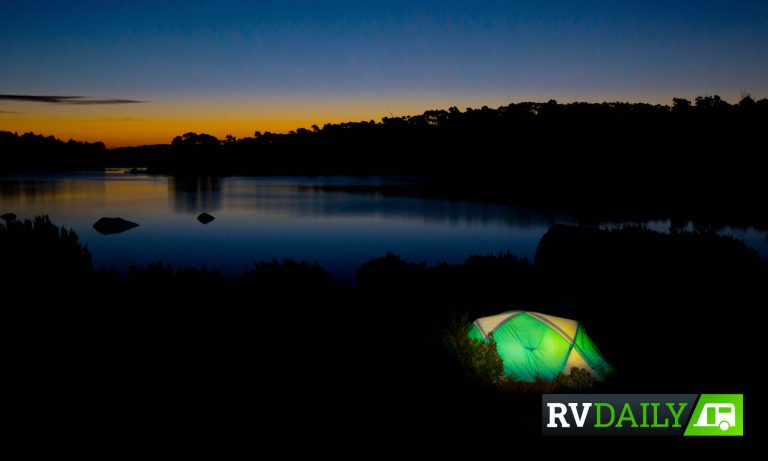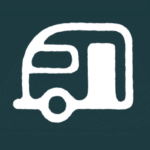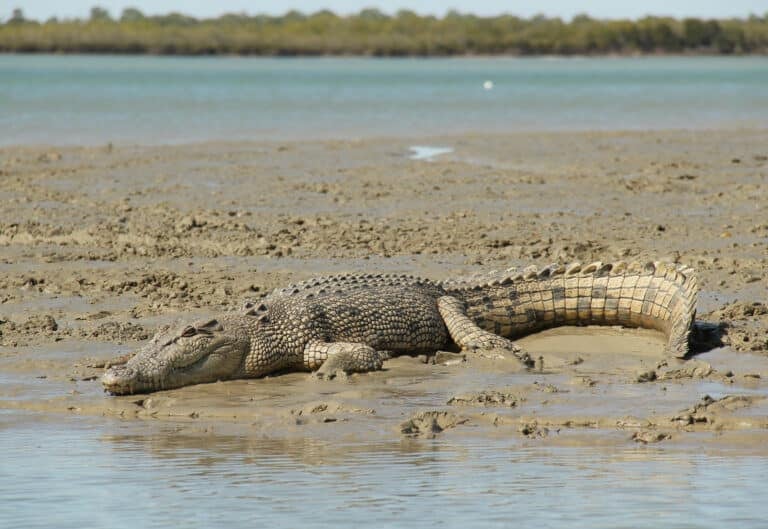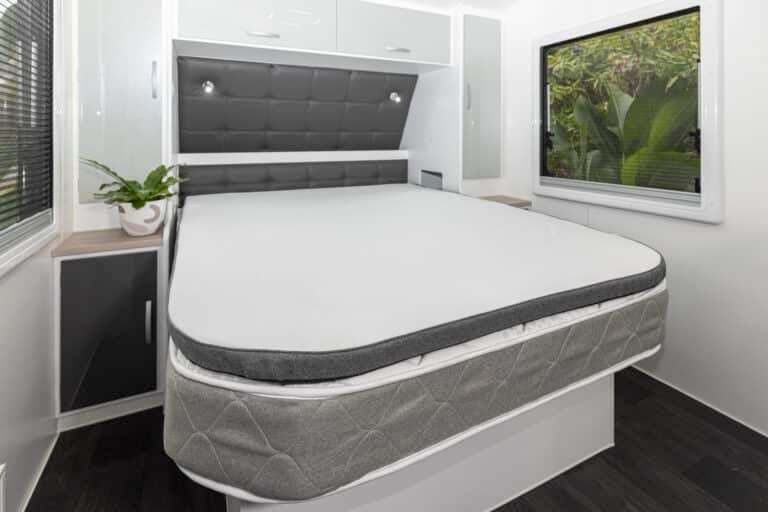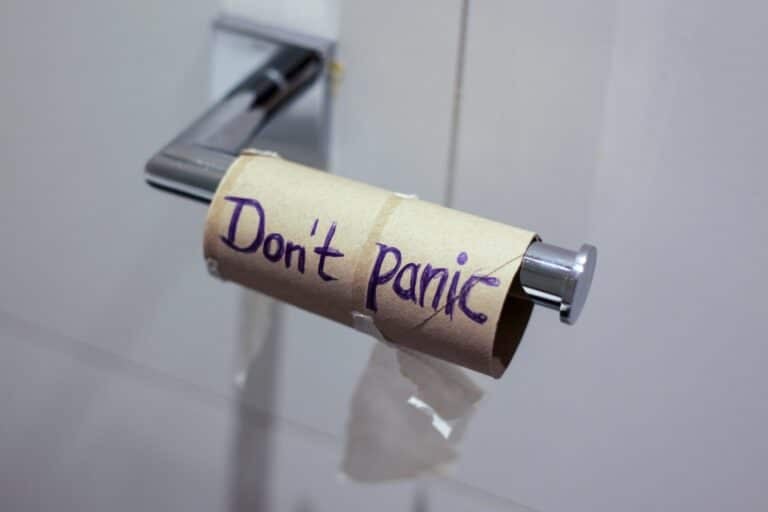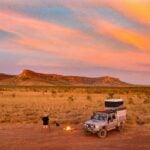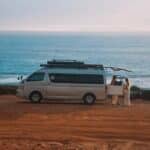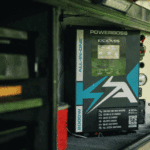Whether you are getting ready for an extended camping trip or just preparing to get away for a few days of R&R, make sure you don’t forget any of the little things that will help to make your trip go safely, smoothly and enjoyably
Now, I am not talking about your major comprehensive checklist involving food, clothing, shoes, normal camping gear, first aid kit, vehicle spares, rescue gear, emergency communication if going remote, fishing and sports gear, and so on. All of these things and more should go with you, but in addition, here are a few travel tips and ideas that can really add to the enjoyment of your time on the road.
1. Thermos Flask
A hot cup of tea or coffee during the day is made so much easier with a Thermos flask – just make your cuppa before the day’s travels in the morning and keep until later on when it’s needed. It is so much more convenient (and quicker) than having to boil water when you stop at morning tea or lunch time.
2. Happy Hour Refreshments
One of the most enjoyable camping experiences is a daily ‘happy hour’, where you sit back and unwind after a busy day. Bring along some healthy nibbles (carrot and celery sticks, low calorie dips, nuts, etc.) that won’t impact on the waistline, and carry your wine (and other) glasses in stubby coolers, which we have found most effective in preventing breakages. Drinking your favourite drop out of a plastic cup or mug just doesn’t hit the mark!
3. DIY “Washing Machine”
When it comes to keeping up with washing when on the road, we use a 20-litre drum with a wide opening screw top lid. We fill the drum with around two-thirds of water, add some washing powder and into this goes our dirty clothes.
After a few hours travel the clothes have ‘sloshed’ around enough in the drum to then only need rinsing in clean water before being hung out to dry at the end of the day’s travel. We sit the drum in a square hobby crate to stop it falling over.
4. Toilet Paper
Another good idea is to carry a few spare rolls of decent (soft) toilet paper – not only for use in the RV but in national park loos where they’ve often run out of paper in the one and only long drop/composting toilet in the camping area. It’s also handy when the only paper supplied in community toilets and even some private camping areas around the country, consists of that wafer-thin stuff or those small sheets in the metal box – we’ve all experienced the frustration of these, haven’t we! We have learnt over the years that we’re not the only ones who bring our own toilet paper to the loo.
5. Campfire Cooking
Cooking over an open fire is a really great part of camping – the hot coals of a fire are wonderful for jaffles, damper, toast and many other items that you might cook in a camp oven. We often also do some cooking in alfoil, including fish and meat as well as things like garlic bread, sausage rolls and small pies. Just 5 or 6 minutes immersed in the coals is usually enough to nicely heat through items like this and they are then ready to eat – just like out of the oven! Remember, however, to bring along a couple of old pots, a billy can, a jaffle iron and anything else that you are happy to get blackened in the fire.
6. Pack Your Lunch for Days on the Road
To save money spent at roadhouses, bakeries and takeaway chains along the way (and avoid the temptation to eat fast food), make up sandwiches, wraps or other no-fuss lunches in the morning before you leave. Quick, easy and cheap, and you’ll also save time during a busy day’s travel.
7. Good Maps and Information
A good GPS/navigation device with off-road mapping is extremely valuable, particularly in remote areas. Good maps read in conjunction with our GPS system, or as back up, we find are also very useful. Also, if we want to make sure we see and do everything there is at a particular place, we call into the local Information Centre and strike up conversations with as many locals as we can. No good finding out later that we missed out on seeing something really special only because we didn’t know about it when we were there!
8. Plastic Bags and Rags
With many places around Australia starting to phase out the use of plastic bags, we try to set out with a good supply on board – handy for a variety of uses around the campsite including rubbish, which should always be wrapped before disposal in roadside bins. A good supply of rags is also handy for many uses around your RV and campsite. When they get grotty, you can either rinse them out or simply throw them away as you go.
9. Buy Local and Save
Picking up local fruit and vegetables from roadside stands and street markets is a great way to get fresh produce that’s in season, save money and support the local communities along the way – a win-win situation for all!
10. Departure Checklist
When travelling with an RV, it is a good idea to have a basic departure checklist either written or memorised to ensure you get underway with everything safe and secure. Over the years, many a traveller has driven off from a caravan park site with their power cord or drain hose still attached, or pop-top roof not clipped down, fridge not switched over to 12 volt and gas bottle not turned off, cupboards left open, jockey wheel still in place, windows or van door not shut and locked, wheel chocks not removed, and so on. These basic things can easily be overlooked if you’re distracted or in a hurry, so check and re-check and get away safely!
